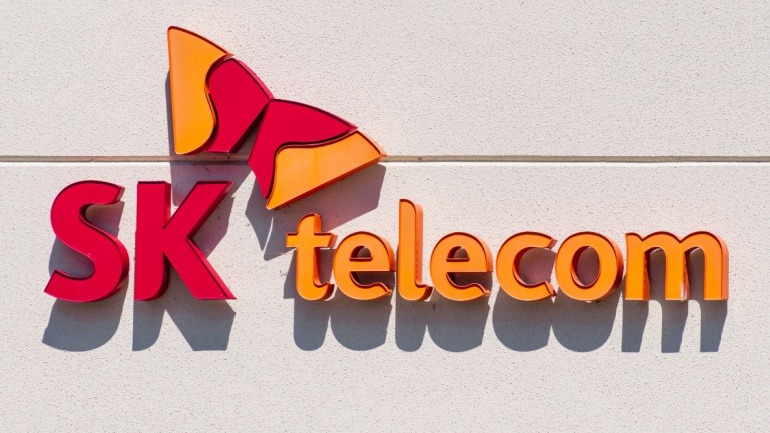SK Telecom is making strides in enhancing its data infrastructure both domestically and internationally. The company announced its plans to expand its existing data center in Ulsan, South Korea, and initiate a new data facility in Vietnam. This move underscores SK Telecom’s commitment to advance the technological prowess of its data services and align with global technological trends.
During the SK Telecom‘s AI Summit held on November 3, company leaders revealed ambitious plans for the Ulsan facility. They aim to boost its capacity to 1GW, a stark increase from the initial 103MW target. This strategy forms part of a memorandum of understanding between SK Telecom and Ulsan Metropolitan City. Originally used by SK Group’s chemicals subsidiary, the data center is closely working with AWS to enhance capabilities.
Construction for Ulsan began after an agreement in June, with ground broken in early September. Previous plans estimated 41MW availability by November 2027, with the entire project finishing by February 2029. However, the recent expansion plans cast uncertainties on this timeline and the associated budget remains undisclosed.
Simultaneously, SK Telecom is collaborating with SK Innovation to develop a data center in Vietnam, slated to use LNG for energy. Details such as size and location are yet to be disclosed. This new project aligns with the rising interest of South Korean companies in Vietnam’s growing data center sector. For instance, Samsung and LG recently established partnerships with local entities.
Jung Jaihun, who recently stepped in as SK Telecom’s CEO, expressed ambitions to extend operations to Malaysia and Singapore. This change in leadership follows Ryu Young-sang’s departure due to a cybersecurity breach in April affecting the company. Post-incident, Ryu shifted to leading AI initiatives within the SK Supex Council.
The company reported a dip in its latest earnings with a 12.2% drop in revenue and a 90.9% decline in operating income resulting in a KRW 206.6 billion ($143 million) net loss. A significant customer exodus following April’s cyberattack contributed to this downward trend. Nonetheless, SK Telecom’s AI division showed promise with a 32.2% increase in the previous quarter, bolstered by its data centers, enterprise solutions, and cloud offerings.
The AI wave propels data center advancements in South Korea. SK Hynix, an HBM chipmaker, witnessed its shares rise 250% since January. Other industry giants like Nvidia, Samsung, and Hyundai have stirred interest with collaborative ventures.
As the hunger for AI-driven computing grows, more data center projects are emerging. Naver and AWS recently unveiled expansion plans, including Nvidia’s commitment to delivering over 250,000 GPUs for government and hyperscale facilities.
In conclusion, SK Telecom is positioning itself strategically by expanding data center capabilities in key Asian markets. This approach not only fuels the company’s AI ambitions but also aligns with broader industry trends emphasizing enhanced data and computing capacity.







